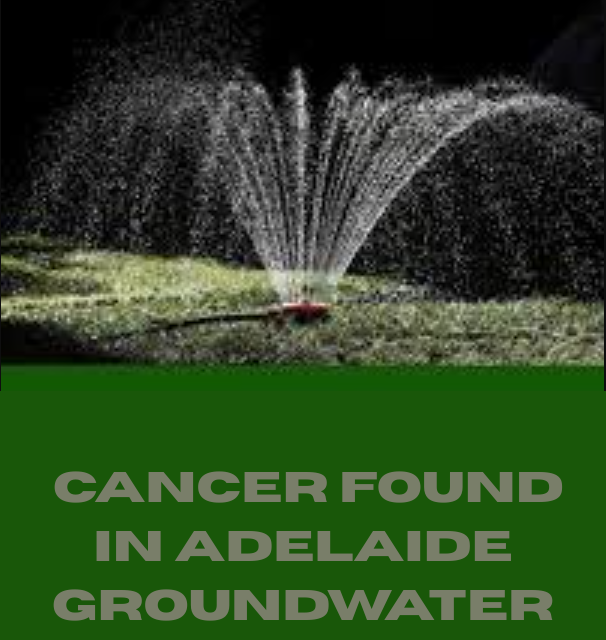Authorities in Adelaide have raised concerns after chemicals associated with cancer were detected in groundwater samples across certain areas of the city. The contamination, primarily involving per- and polyfluoroalkyl substances (PFAS) and volatile organic compounds (VOCs), has been linked to industrial activities, including manufacturing and improper chemical disposal. These substances, often referred to as “forever chemicals,” are known for their persistence in the environment and potential to harm human health.
PFAS, commonly found in firefighting foams, non-stick coatings, and industrial processes, are associated with a range of health risks, including liver damage, hormonal disruption, and cancer. Similarly, VOCs, which include benzene and trichloroethylene, are known carcinogens frequently tied to industrial solvents and fuel leaks.
Local authorities have advised residents to avoid using groundwater for drinking, cooking, or irrigation, particularly in the affected zones. Environmental agencies are now conducting comprehensive testing to map the extent of contamination and identify its sources. Plans for remediation include installing filtration systems, restricting industrial activities, and holding responsible parties accountable for cleanup costs.
This discovery underscores the broader global challenge of managing industrial pollution and its long-term impact on water resources. It has reignited calls for stricter regulations, better waste management practices, and increased monitoring of environmental pollutants to protect public health and ecosystems. Residents and environmental groups are urging swift action to address the contamination and prevent future incidents, highlighting the need for sustainable practices in urban and industrial planning.










